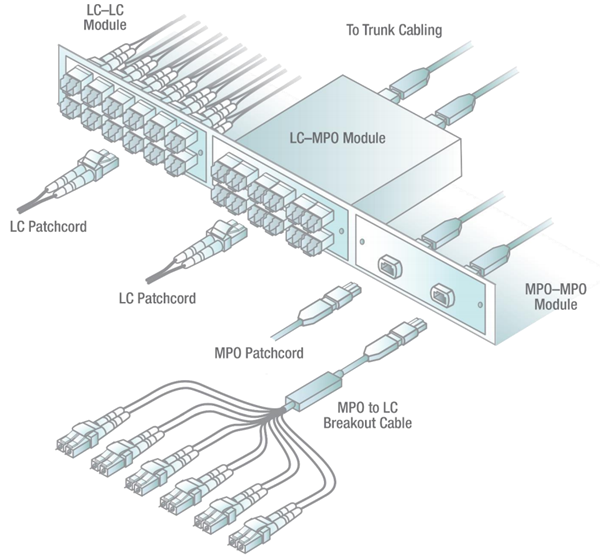When it comes to setting up a network in a commercial or residential building, patch panel wiring diagrams play a crucial role in ensuring a smooth and efficient installation process. A patch panel wiring diagram is a visual representation of the connections between different components in a network system, making it easier for technicians to plan and execute the wiring setup.
Importance of Patch Panel Wiring Diagrams
Patch panel wiring diagrams are essential for several reasons:
- Ensure proper organization and labeling of cables
- Facilitate easy identification of connections and ports
- Aid in troubleshooting and maintenance of the network system
- Improve overall efficiency in managing and operating the network
Reading and Interpreting Patch Panel Wiring Diagrams
Understanding how to read and interpret patch panel wiring diagrams is crucial for successful network installation. Here are some tips to help you effectively decipher a patch panel wiring diagram:
- Identify the key components such as cables, connectors, and ports
- Follow the directional flow of the connections from one component to another
- Pay attention to labels and color codes for easy identification
- Refer to the legend or key provided in the diagram for clarification
Using Patch Panel Wiring Diagrams for Troubleshooting
Patch panel wiring diagrams are not only useful for setting up a network but also for troubleshooting electrical problems. By referring to the diagram, technicians can quickly identify the source of the issue and take appropriate measures to resolve it. Some ways patch panel wiring diagrams can help in troubleshooting include:
- Locating faulty connections or damaged cables
- Verifying correct configurations and connections
- Identifying areas of potential interference or signal loss
Safety Tips for Working with Patch Panel Wiring Diagrams
When working with electrical systems and using wiring diagrams, safety should always be a top priority. Here are some safety tips and best practices to keep in mind:
- Always turn off power sources before working on any electrical components
- Use insulated tools to prevent electric shock
- Avoid overloading circuits and follow proper wiring guidelines
- Regularly inspect and maintain the network system to prevent potential hazards
Patch Panel Wiring Diagram
Patch Panel Wiring Guide
Rj45 Patch Panel Wiring Diagram – Organicify

How To Use a Fiber Optic Patch Panel – Teleweaver

Patch Panels: A Complete Guide

How to Create a Patch Panel Wiring Diagram: Step-by-Step Example

low voltage – Wiring home network patch panel (568A vs 568B) – Home
